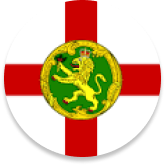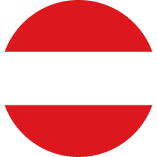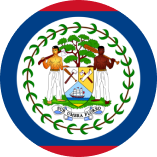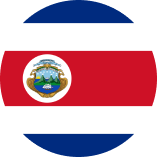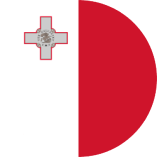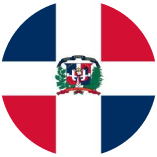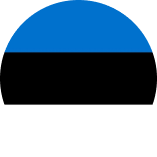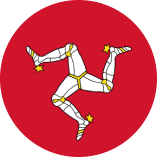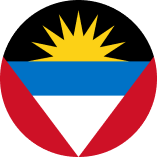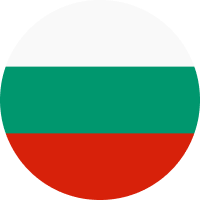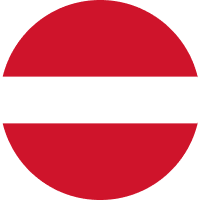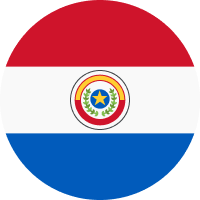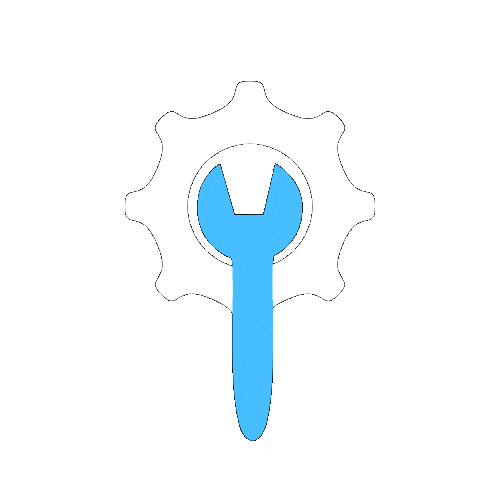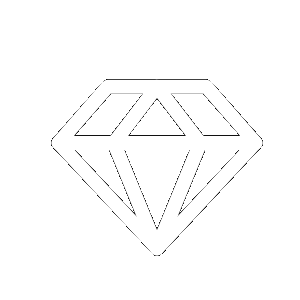

Gambling Law and Licensing in the Czech Republic 2026
The EU has a handful of regulated hubs where rules are clear and supervision is modern. The Czech market is one of them. Recent updates tightened player protection and clarified how online brands can grow. At the same time, the jurisdiction keeps a firm stance on illegal offers. For new operators and venues planning to expand digitally, the environment strikes a balance between strict control and a manageable launch route.
Casino Market breaks down how the Czech system functions and why the remote channel matters the most here. Our experts explain who oversees the industry, how permissions are granted, and what changes after you go live. If you are exploring a credible EU base for an online casino or sportsbook, this jurisdiction deserves a close look.
Get an official Czech licence or order a turnkey solution at Casino Market to build a compliant project with a respected permit.
Gambling legality in the Czech Republic
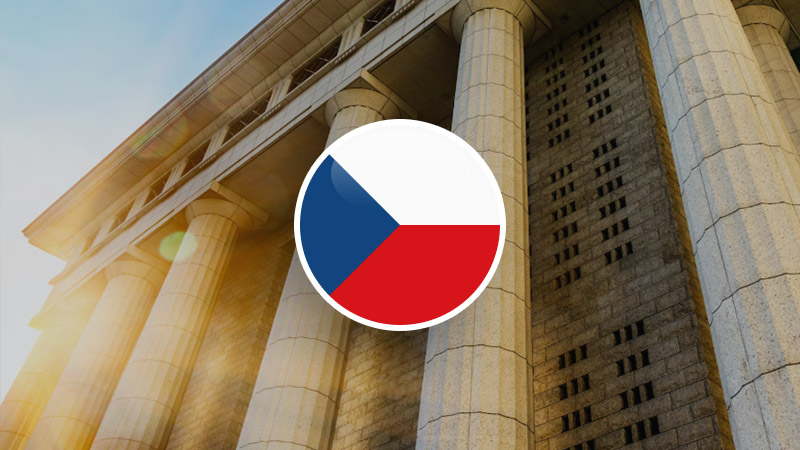
Local interactive activities are primarily governed by Act No. 186/2016 Coll., on Gambling, which came into force in 2017. This law modernised the industry substantially as it ended the old domestic-only regime and opened licensing to foreign companies from the EU/EEA. Under the Act, “gambling” is defined broadly as any game of chance, betting, or lottery where players wager something of value on an uncertain outcome.
The law specifies specific categories of gambling:
- lotteries (including raffles and tombolas);
- odds betting (fixed-odds sports and other event wagering);
- totalisator (e.g., horse racing pools);
- bingo;
- technical games (slot machines, online RNG titles, etc.);
- live activities (casino tabletops);
- raffles and small-scale tournaments (e.g. poker events).
Any gambling offering must fit into one of these defined types. Otherwise, it is prohibited. Notably, all the above genres except raffles and small tournaments can be conducted online as well as on land.
The central regulatory authority is the Ministry of Finance of the Czech Republic, which houses the State Oversight of Gambling Department. The Ministry is responsible for issuing, overseeing, and revoking licences. For land-based venues, local municipal authorities also play a role in granting location permits.
Online Gambling Licensing
Since 2017, the Czech Republic has been “open for business” to foreign operators incorporated in any EU or EEA country (not just Czech companies). This means an international iGaming company can apply for a local licence, as long as it establishes a presence.
Initially, foreign interest was limited. For example, PokerStars was the first international online casino licensed and one of the very few in the early years. The slow uptake was due to heavy requirements and market conditions, but recent amendments aim to streamline the process. The 2016 law originally required a separate “basic licence” for each gambling category an operator wished to offer.
In 2024, this was overhauled into a two-step registration system for efficiency:
Initial Licence
A general permit, which is obtained first, confirms that the operator meets all universal conditions (financial stability, integrity checks, etc.). The initial licence essentially vets the company. Moreover, it has no fixed expiration set by law (it can be granted for an indefinite period or a long term). This new step means operators no longer have to resubmit the same corporate documents and proofs each time they add a new product line.
Game Type Basic Licence
Once the operator holds an initial permit, it can apply for specific product approvals. A basic licence is still required per category, but the review is now focused on game-specific compliance (rules, technical setup, etc.) rather than re-checking the operator’s general suitability. Each basic license authorises one type of gambling and is valid for a maximum of 6 years. Under this regime, an online operator might hold multiple basic permits.
Application fees are minor, at just about €200 each, but financial guarantees and capital requirements are substantial. A licence acquisition requires an economic surety (deposit) with the Ministry of Finance.
The required amount depends on the type:
- betting — €1.2 million;
- casino games (including live) — €2 million.
This deposit acts as a guarantee for player payouts and tax obligations. The operator must also prove the funds’ legitimate origin. In practice, the surety can be in the form of a bank guarantee rather than a cash deposit, but it ties up a large amount of capital. Additionally, background checks are required.
Taxation of Gambling Operations
The tax burden in the Czech Republic is relatively high (though not the highest in Europe). That is why operators must evaluate their business capabilities before entering the market.
2 main taxes apply:
- Operations. The Czech Republic imposes a special gambling rate on GGR. As of 2024, there are 35% for the slot-machine style and lotteries and 30% for all other activities (sports betting, poker, live games, bingo, etc.). These taxes are calculated quarterly on the net difference between money wagered (minus returned stakes) and payouts to players. These rates are in addition to the corporate income tax (19% on profits), which underscores that licensed operators face a substantial financial burden.
- Winnings. In 2024, the regulator added a tighter taxation on player prizes. Victories exceeding a certain threshold are subject to personal income tax, which the operator is required to report and possibly withhold. Previously, only wins exceeding € 41,000 were considered, while now the threshold is approximately € 2,100 net per year. Anything above that is taxed at 15% for the player as income. Operators must keep records to facilitate this and inform winning punters, although the practical collection is on the player’s side.
Aside from taxes, operators incur costs in obtaining and maintaining the licence. However, there are no recurring fees based on turnover or a flat annual fee. The main ongoing financial obligation is the GGR tax. The application fee is only €200. This makes the upfront cost of entry largely a factor of the security deposit and the expense of compliance, rather than direct fees.
How to Get a Remote Gambling Licence
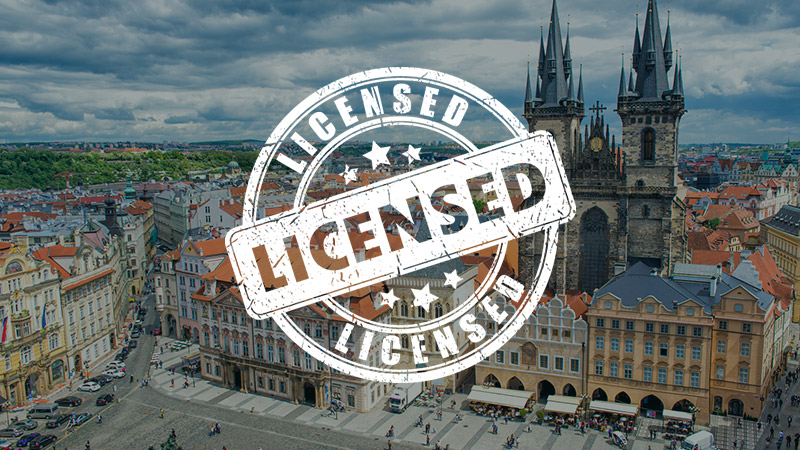
The acquisition process is demanding and can be time-consuming.
An operator who looks to get licensed in Czechia would follow these steps:
- Establish a local or EU entity. Ensure you have an official company in the Czech Republic or another EEA country through which to apply. Many choose to set up a Czech subsidiary for smoother dealings with authorities.
- Prepare documentation. Gather corporate records, identification of all “Relevant Persons”, proof of financial surety (bank guarantee of €1.2–2M deposit), evidence of no criminal convictions and no debts for the company and its principals.
- Apply for the initial licence. Submit an application to the Ministry of Finance for an initial gambling permit. At this stage, regulators verify that you meet general suitability and financial integrity requirements.
- Apply for basic licences. Once the initial permit is granted, you can file for every gambling product you plan to offer. Each application must include specific details, such as game rules, descriptions of technical equipment, responsible gambling measures, and any required testing certifications for the software/hardware.
- Undergo technical approval and testing. The Ministry will review the game systems and may require independent lab certifications to ensure fairness and compliance with technical standards. The gaming platform must be able to connect to the Czech Gambling Information System, allowing the regulator to gain oversight of transactions.
If all is in order, the Ministry issues basic licences for the permitted gambling type, along with any additional conditions, and the submitted game plan and technical setup. Each permit is typically valid for up to 6 years and requires renewal thereafter. Once you have the licence, you can legally offer the games to players in the Czech Republic (and as of 2024, to punters abroad).
Even with a licence in hand, operating requires ongoing compliance. The Ministry keeps a close watch on licensees. Any serious or repeated violation of the Gambling Act, tax laws, or licence conditions can lead to suspension or revocation. Permits are also not freely transferable. A change in corporate structure (merger or sale) requires pre-approval; otherwise, the licence may be void.
Opportunities and Challenges for Operators
For international gambling companies, the Czech Republic presents a mixed picture of benefits and limitations in 2025.
Key opportunities to consider:
- Legitimate access to a developed market. A local licence allows an operator to legally work within the country, offer services in Czech Koruna, and advertise openly.
- Regulatory prestige. A Czech gambling license implies adherence to EU standards and may help an operator’s reputation and facilitate partnerships.
- Streamlined multi-product certification. The new licensing system reduces redundant bureaucracy for operators who own several verticals.
- Regulatory support for modern offerings. The inclusion of live dealer activities and fantasy sports shows the local responsiveness to industry trends.
Nuances to keep in mind:
- High taxation and costs. The effective rate on GGR (30–35%) plus corporate tax 19% can significantly eat into margins.
- Strict compliance and verification. The Czech market requires constant adherence to AML/KYC regulations, with in-person authentication or via certified electronic ID.
- Competitive local operators. The Czech online market is dominated by established domestic brands with strong brand recognition and retail presence.
- No automatic EU “passporting”. Unlike financial services, there is no EU-wide gambling licence, so the local permit does not entitle you to operate in other European countries that have their own licensing.
- Regulatory changes. The 2024 amendment was the largest since 2017, reflecting the legal trend of imposing higher taxes and more stringent player protection requirements.
The Main Things about Getting Licensed in the Czech Republic
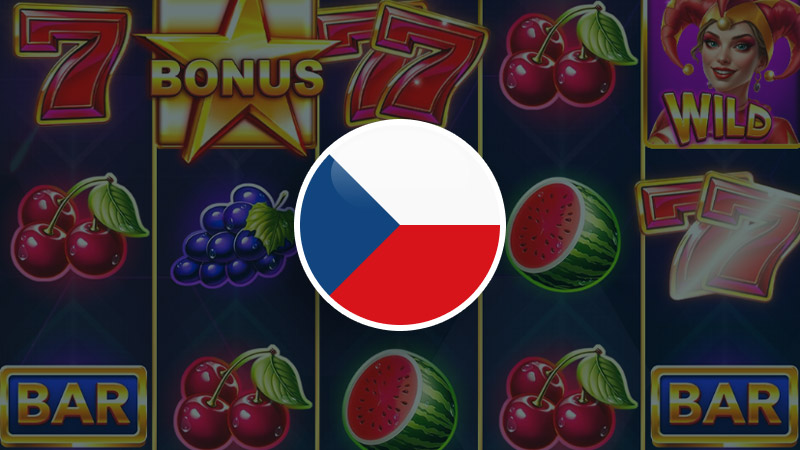
A clear rulebook, strict player-safety controls, and strong enforcement define this market. Entry costs and taxes are higher than many peers, but the reward is a respected EU permit and a predictable path to scale.
The essentials to keep in mind:
- The model requires securing the initial licence for the company first and then obtaining basic permits for each remote vertical.
- A significant financial surety is mandatory per product line (typical levels are €1.2 million for betting and €2 million for casino games.
- GGR tax is differentiated by product (35% for technical games, 30% for betting and live) on top of 19% corporate income tax.
- Enforcement is active and ensures that blacklists, payment and app blocks, audits, and meaningful fines keep the market orderly.
- Since 2024, licensed brands may accept foreign players where local law permits, which expands commercial options beyond the domestic audience.
If you are ready to build a compliant and scalable operation, Casino Market can align your platform with Czech technical standards and manage each permit step. Get a licence or order a turnkey solution to launch a new project with confidence.
Have questions or want to order services?
Contact our consultants:
- e-mail: manager@casino-market.com
- feedback form.
Check the information used to contact us carefully. It is necessary for your safety.
Fraudsters can use contacts that look like ours to scam customers. Therefore, we ask you to enter only the addresses that are indicated on our official website.
Be careful! Our team is not responsible for the activities of persons using similar contact details.

